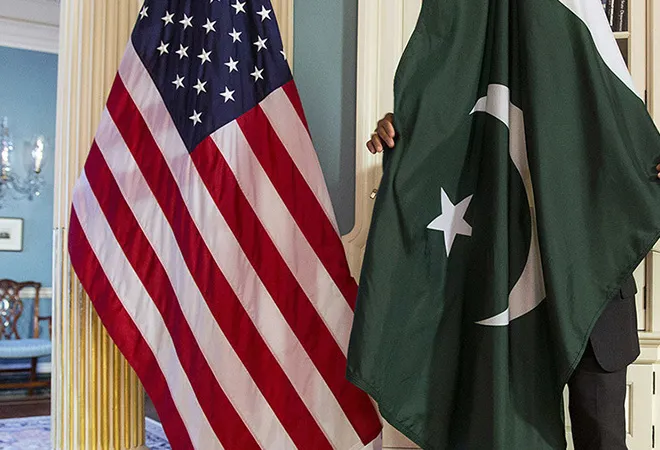In a significant diplomatic move, Pakistan has extended a proposal to the United States for a zero-tariff bilateral trade agreement aimed at enhancing economic cooperation across multiple sectors, according to reliable sources familiar with the development.
The proposal follows recent remarks by US President Donald Trump, who expressed a desire to deepen trade relations with Pakistan. According to sources, Islamabad has suggested a mutually beneficial framework that includes zero tariffs on selected tariff lines, reflecting Pakistan’s intent to broaden its trade footprint with Washington.
The offer reportedly comes in the aftermath of a major diplomatic breakthrough — a ceasefire agreement between Pakistan and India brokered by President Trump. The truce ended the most dangerous round of military escalation between the two nuclear-armed rivals in nearly thirty years.
Speaking at the Saudi-US Investment Forum 2025 earlier this week, President Trump took credit for facilitating the ceasefire and averting what he described as a potential catastrophe.
“My administration successfully brokered a historic ceasefire to stop the escalating violence between India and Pakistan,” he stated.
“I used trade to a large extent to do it. I said, fellas, come on, let’s make a deal. Let’s do some trading. Let’s not trade nuclear missiles. Let’s trade the things that you make so beautifully.”
President Trump praised the leadership in both Islamabad and New Delhi, calling them “very powerful, good, and smart leaders”. He also lauded Vice President JD Vance and Secretary of State Marco Rubio for their roles in helping de-escalate the crisis.
“I think they are actually getting along. Maybe we can even get them together a little bit, where they go out and have a nice dinner together,” he added.
The recent hostilities began on April 22, after 26 tourists were killed in a violent rampage in Pahalgam, located in Indian Illegally Occupied Jammu and Kashmir (IIOJK). India blamed Pakistan for the attack and responded with missile strikes on civilian infrastructure within Pakistan’s borders under a military campaign dubbed Operation Sandoor. Pakistan, however, denied any involvement in the incident and called for an independent, impartial investigation.
In retaliation, the Pakistan Air Force (PAF) shot down six Indian fighter jets, including advanced Rafale warplanes. Days later, Pakistan launched Operation Bunyan-un-Marsoos, striking Indian military positions across multiple cities.
The ceasefire that followed brought an end to several days of intense cross-border combat, which had threatened to spiral into a full-scale war. President Trump has since voiced optimism about the future of bilateral ties and reiterated his administration’s commitment to promoting economic engagement with both South Asian powers.




